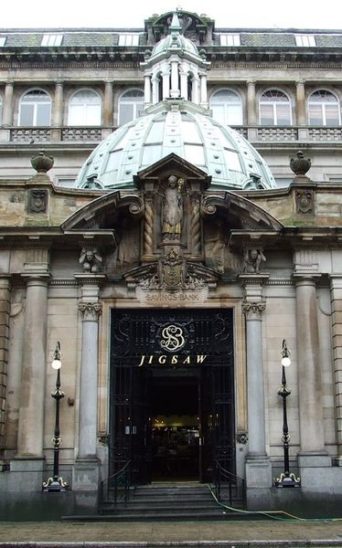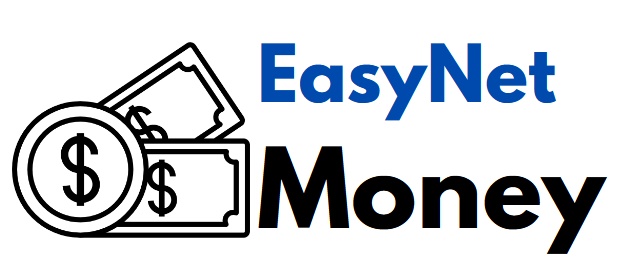You may have enough money to pay your regular bills and take a couple of holidays every year, so everything seems fine. You see no real reason to actually save. But there are several reasons why you should consider it.
First of all, there is always the chance of something unexpected happening — so an emergency fund makes sense, particularly one where your funds are not locked in. The best interest rates are on accounts where the funds are tied up, or at least where a period of notice needs to be given. Your choice of the type of account will depend on your priorities.

Easy access savings accounts provide interest net of tax on the existing balance and allow you to withdraw money as you wish. If you suddenly face an unexpected car repair or perhaps a medical problem, this kind of fund will be very welcome.
The Details
Account features vary, so it’s certainly worth looking at what is available from a company that can guarantee your money is safe. The Financial Services Compensation Scheme (FSCS) covers up to £85,000, which is sufficient in the vast majority of cases.
Interest rates have remained low for a while. Historically, they have always been much higher. An account which offers a better deal as rates rise means you do not need to be forever doing comparisons in the marketplace.
It is a fairly simple process to open an account; the obvious ID details, name, address, date of birth, and telephone numbers are the basics. The whole process can be done online in minutes. You will need to create your own password and, probably, some security questions so that no one other than you can access your account.
A Welcome Fund
In recent years, job security has been a problem. Even though the signs of recovery are there, it is always worth having something put aside just in case. If you have the equivalent of a few months’ expenses, you’re in a good position to pay your bills while seeking a new job.
Finally, at some time in the future, your earnings are unlikely to match those at the peak of your career. You will retire one day, after all. A little fund maintained over the years is useful in those later years — especially since your expenditures in retirement don’t drop as dramatically as your income might.
If you are currently renting, you may wish to buy your next home. You will need a deposit to do that. An account that pays some interest is the ideal way to build up your deposit. Even if along the way you decide that buying is not an option you want to pursue, there is always chance that you see a new car you might like. Whether it is a car, a luxury of some kind, or an extra-special holiday, then, a readily available fund can always be useful. It means you may not have to wait before you can buy.
